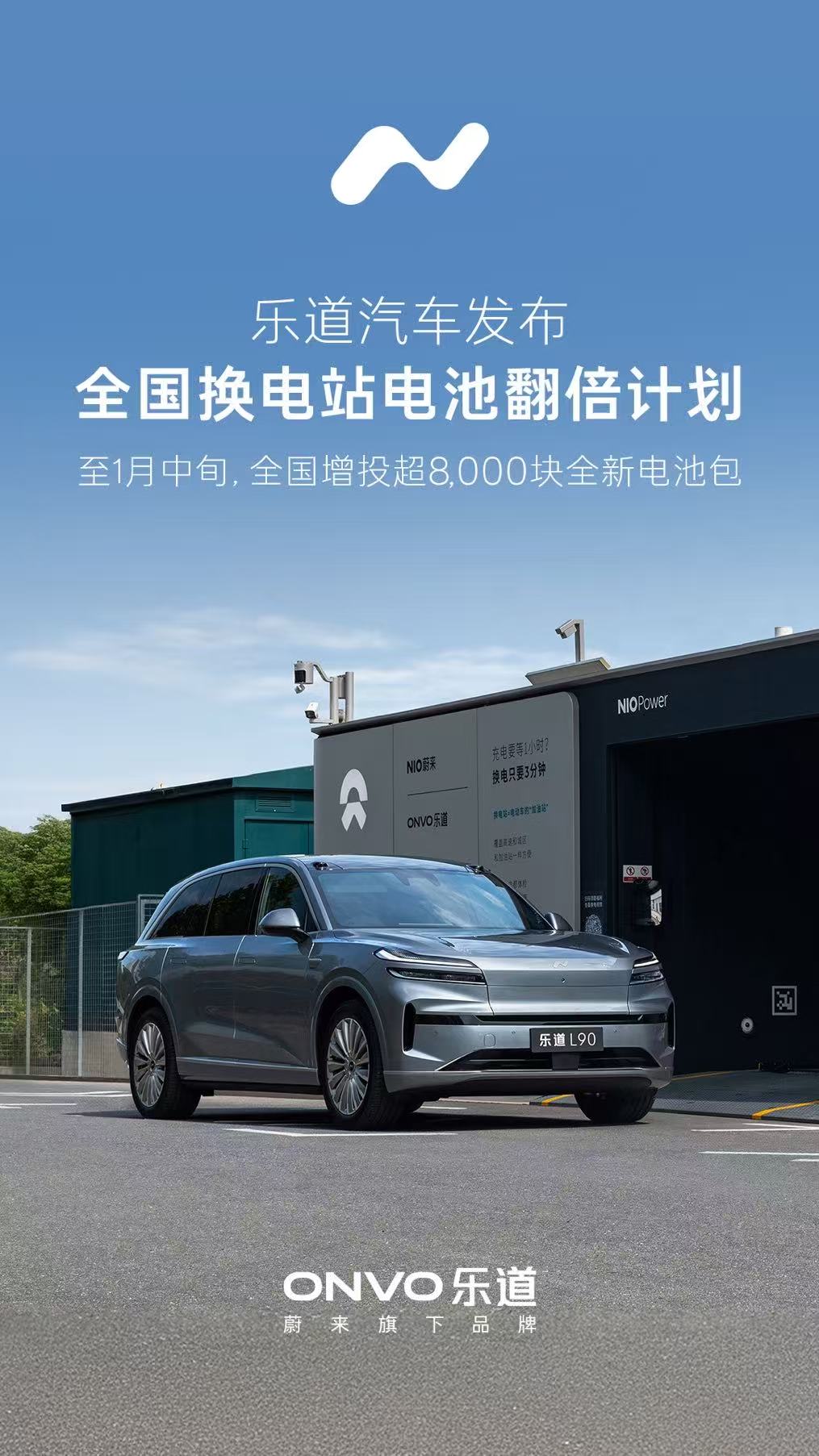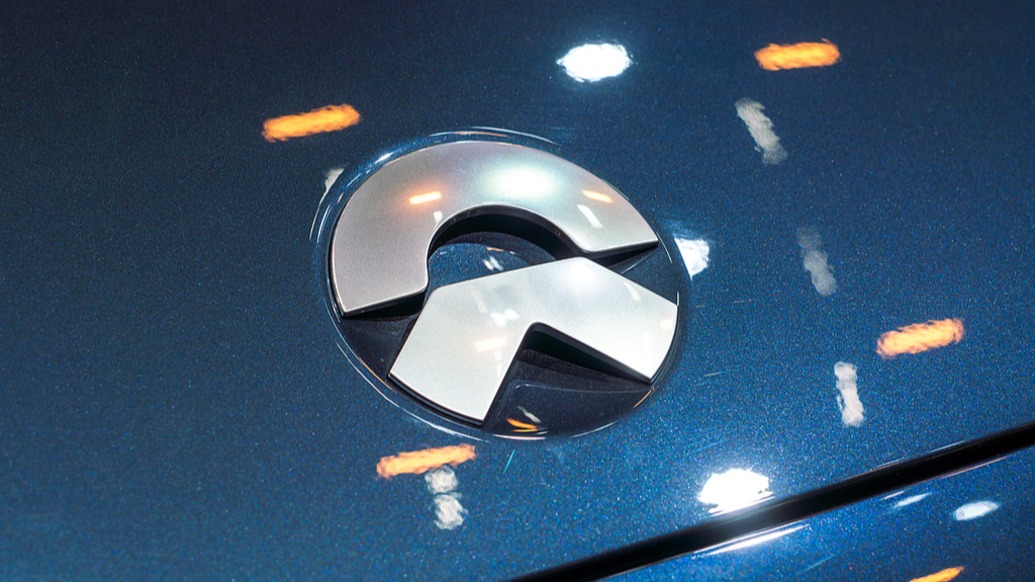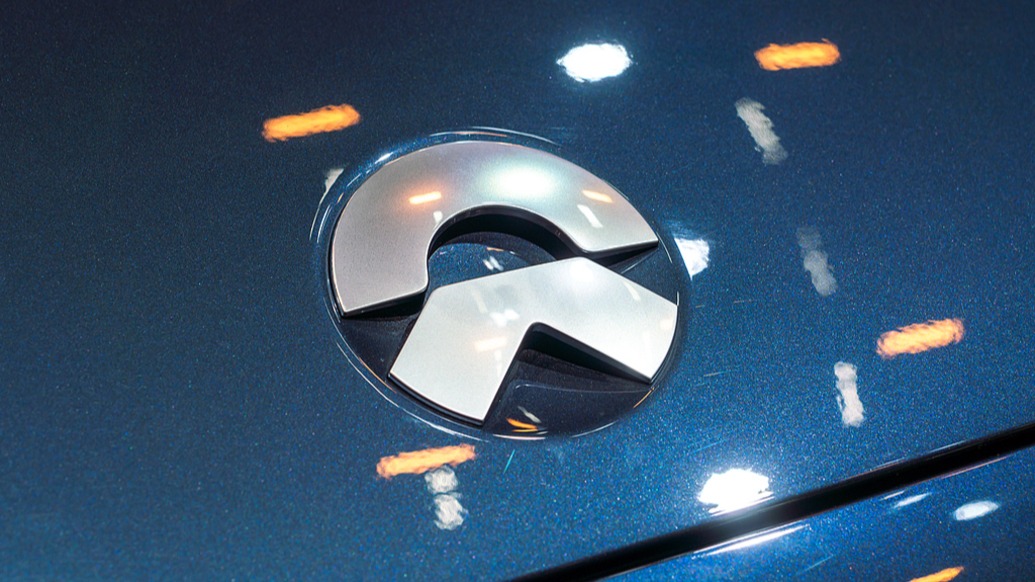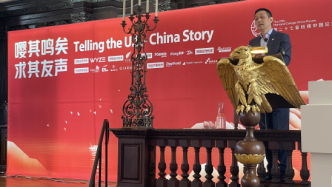
On April 13, Li Bin, chairman of NIO, gave a speech at Harvard University.
The theme of the speech is "The bird sings to seek like-minded partners with its chirping voice," which comes from China's first poetry collection "The Book of Songs" 2,600 years ago. It means that birds come out of the deep valley and fly to the tall trees, seeking like-minded partners with their chirping voices.
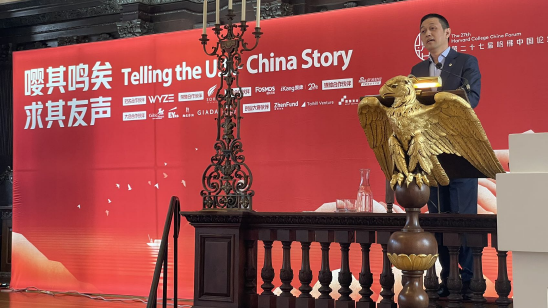
On April 13, 2024, Li Bin, founder, chairman and CEO of NIO, was invited to deliver a speech at the 27th Harvard China Forum at Harvard University.
At the beginning of his speech, Li Bin talked about a documentary he had recently watched, which told the story behind the song "We are the World". This song was co-written and sung by 45 top American singers, conveying a belief that all mankind should work together for the common good.
As an important player in China's smart electrification, the metaphor behind Li Bin's speech is obvious, which is to call on the global automotive industry to be open to competition.
The United States has always boasted of its freedom, democracy and openness, but it has adopted discriminatory business policies against Chinese electric vehicles.
On the day Li Bin gave his speech at Harvard, Sherrod Brown, chairman of the U.S. Senate Banking Committee and senior Democratic senator from Ohio, wrote a letter to U.S. President Biden, saying: I implore you to take bold, aggressive action and permanently ban electric vehicles produced by Chinese companies or any of their subsidiaries to eliminate their source. Chinese electric vehicles pose an existential threat to the U.S. auto industry.
This is the most intense statement ever made by a US official on Chinese electric vehicles. Before this, the discussion among relevant lawmakers was limited to imposing high tariffs on Chinese electric vehicles.
In March of this year, Biden said that China "could flood our market with its vehicles, posing a risk to our national security" and he "would not let that happen to me." And Sherrod Brown directly called for a permanent ban on Chinese electric vehicles from entering the United States.
Last month, another senator called on Biden to significantly increase import tariffs on Chinese electric vehicles to address national security risks. At the same time, he called on the United States to impose high tariffs on Chinese electric vehicles imported from Mexico to the United States. Previously, due to the existence of the US-Canada-Mexico Free Trade Agreement, Chinese automakers could produce cars in Mexico at a low cost, allowing them to qualify for US electric vehicle tax credits.
In March, the U.S. Commerce Department began investigating whether Chinese imported vehicles posed a national security risk and could impose restrictions because of concerns that "connected vehicle" technology could compromise Americans' private data.
In response to the US "blockade" of Chinese electric vehicles at all levels, the Chinese Embassy in Washington previously stated that China's automobile exports "reflect the high-quality development and strong innovation of China's manufacturing industry."
Looking at the Chinese market, Li Bin mentioned in his speech that China is the world's largest and most open auto market. Starting a car business in China requires competing with more than a dozen of the world's largest multinational corporations, more than a dozen mature Chinese auto companies, and more equally excellent startups.
"As a company, we certainly know that competition will lead to greater investment, longer time to profitability, less room for error and lower chances of success. Despite this, we still do not expect China to adopt a closed policy to protect local companies, because I also understand the other side of the matter. Opening up will ultimately benefit the industry and society and will make us better in the end."
